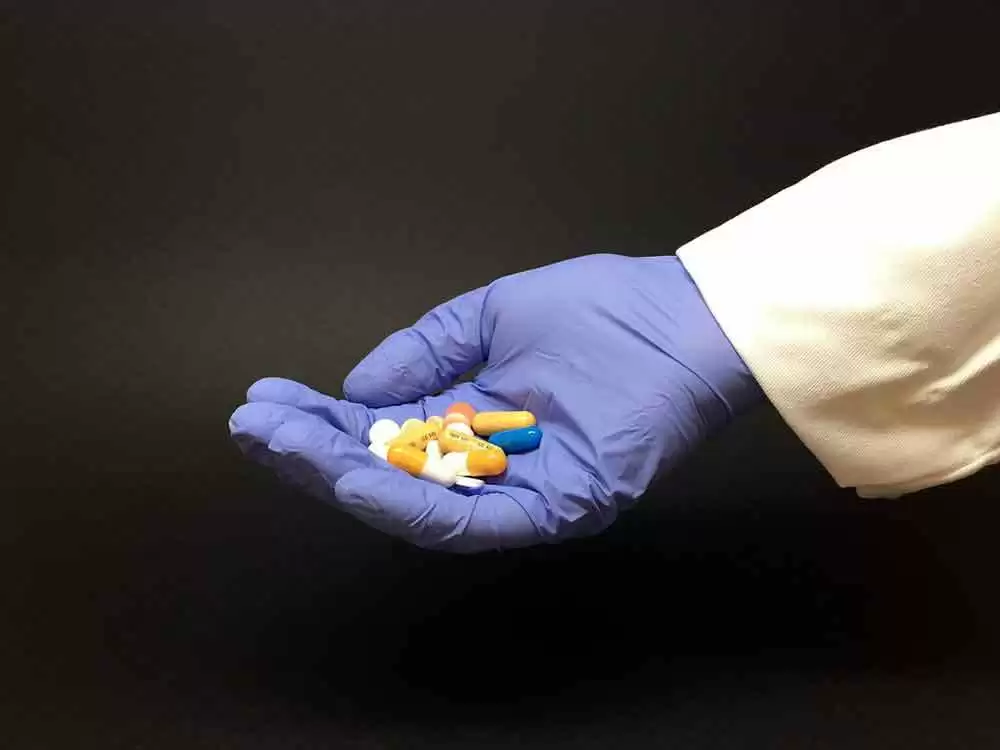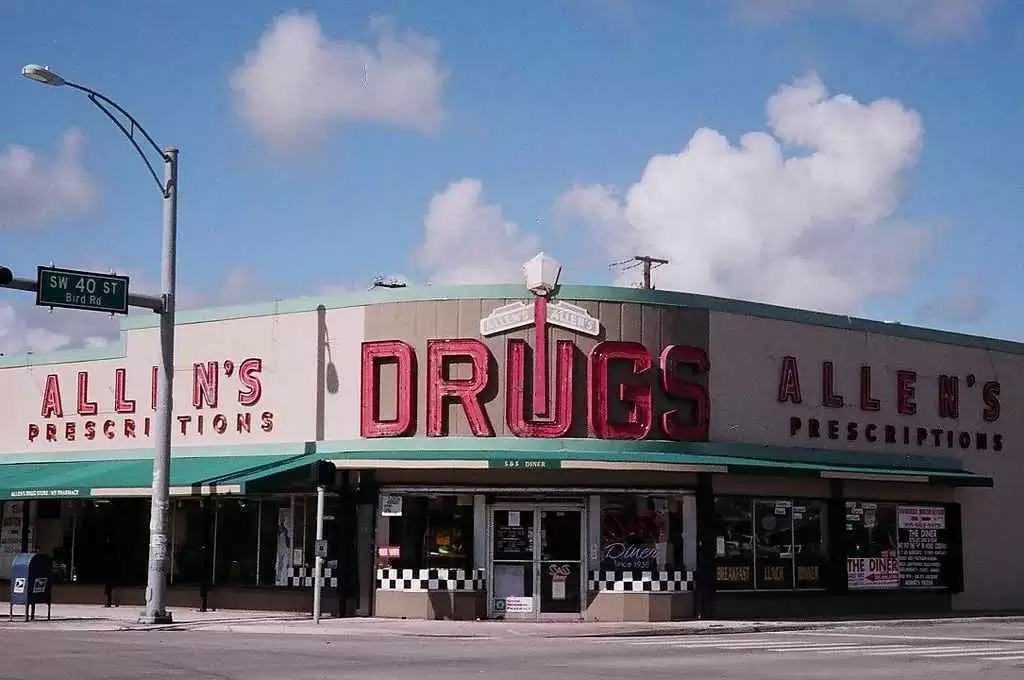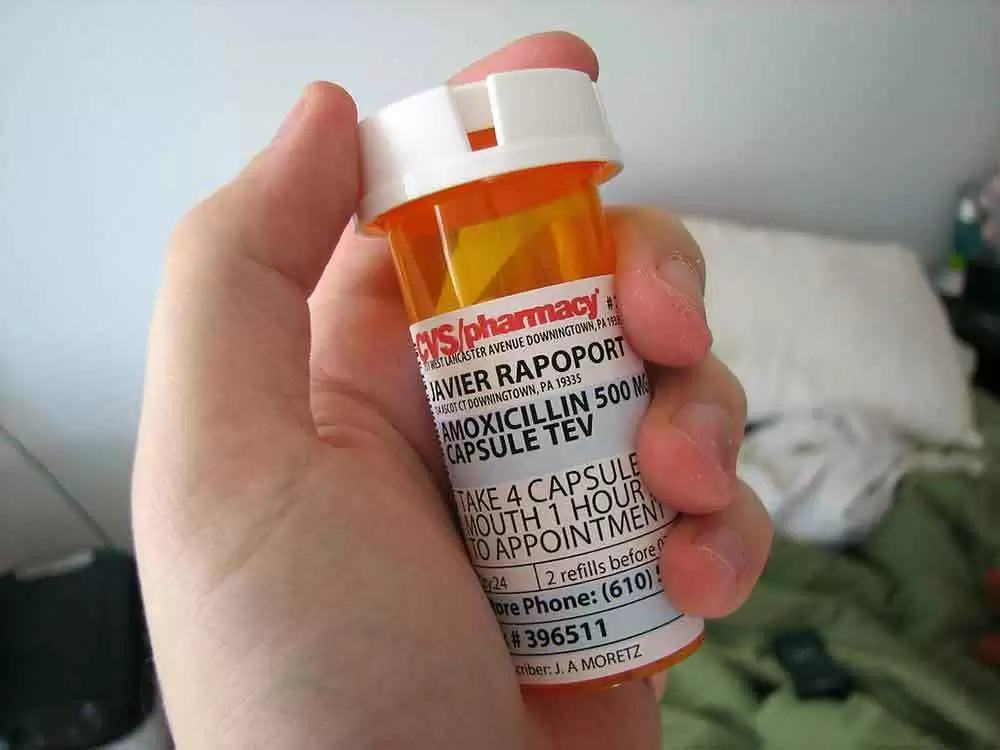
Celiac.com 03/28/2020 - Were you thinking that there wasn't much gluten in your medicine? Had you read that less than 1% of drugs were made with it? Think again, because while pharmaceutical manufacturers don't actually add gluten to drugs in most instances, they very frequently cannot say that their products are gluten free. That's because before some ingredients get into a manufacturing facility, they are purchased from suppliers that are not controlled by the drug maker. Let me explain.
When you take a drug, most of what you are swallowing is filler. This is called an excipient in the trade. Excipients are inert stuff that the actual drug is mixed with, and it influences the rate the drug enters your blood. For people with celiac disease, the problem is that the excipient is often made from starches derived from corn, rice, tapioca, etc. If you're reading this, you probably just recognized how gluten could be getting into your medicine even when a drug maker did not intentionally use gluten as the excipient.
Celiac.com Sponsor (A12):
Drug companies affirm that even when they have not added gluten to a particular drug, there could be gluten in that drug, and they won't say the drug is gluten free. Here is where Sister Jeanne Patricia Crowe Pharm.D. (no relation to the actor) comes into the picture. About ten years ago Sister Jeanne Patricia did a study which established just how much trouble drug makers had even knowing when there was gluten in their products. Working with her research partner Nancy Patin Falini M.A., R.D., Crowe sent out questionnaires to about 170 drug makers asking each what the gluten content of their medicine was. Their results were published in the American Journal of Health-System Pharmacy in 2001 (1). In their peer reviewed article titled Gluten in Pharmaceutical Products, the two researchers were able to conclude the following:
Only 5 of 100 pharmaceutical companies that responded to a survey reported having a policy of producing gluten-free products. Many companies believed their products were gluten-free but could not guarantee it.
But what Crowe and Falini's results also showed was that drug makers themselves had a hard time making sure that when they bought an ingredient from an outside supplier, that they were not letting gluten get into their manufacturing facility. Two other studies support the Crowe and Falini findings, so they are pretty convincing. Simply put, gluten can be making its way into your drugs, and you can't find out about it because the drug manufacturer also doesn't know it's there. And if the drug maker doesn't know, then when your pharmacist helps you to read the package insert, it really won't matter much what it says on the label.
This chaotic situation is not acceptable for the manufacture of medication. At the least, a company that makes drugs needs to determine whether they are making their product with an excipient like corn starch, and whether that the corn starch is gluten-free. Either the excipient is gluten-free or it isn't. Even when a consumer goes to buy a gluten-free food like Cheese Curls, the manufacturer at least has a letter from its raw ingredient suppliers, stating that the ingredients are gluten-free. Some food makers will even test every batch of raw ingredient before it enters their own facility. It isn't too much to ask that drug makers learn what's in their products.
The FDA is currently looking at how to address the issue of gluten in medications. One approach is to require that drug makers disclose when a particular drug is gluten-free. At the other extreme, as a petitioner, I have argued that because gluten is toxic, the law of the United States should be satisfied, and gluten should be taken off the list of allowed excipients. But the work of Sister Crowe and Nancy Falini has demonstrated just why the FDA must take a step back and first require drug makers themselves to know exactly what's inside that pill or capsule.
I hope that I've gotten at least a few of you wound up. I'm a bit surprised that drug makers would put themselves in a position where they sometimes don't know what's in any given pill they make. Don't they see the liability issues? Where are their lawyers, anyway? In the first article I wrote for celiac.com, I asked readers to let the FDA know that they wanted to get gluten out of drugs, and many people did exactly that. And those comments do get read. Now I am going to make sure that the FDA takes into account the work of Sister Crowe and Nancy Falini. Tell the FDA what you think.
Maybe next time you fill a prescription for whatever ails you, it will be possible for you and your pharmacist to determine whether gluten is present in your medication.
Michael Weber lives in New York and can still remember what pizza tastes like.
References:
1. Crowe, JP, Falini, NP Gluten in pharmaceutical products Am J Health Syst Pharm 2001 58: 396-401







Recommended Comments
Create an account or sign in to comment
You need to be a member in order to leave a comment
Create an account
Sign up for a new account in our community. It's easy!
Register a new accountSign in
Already have an account? Sign in here.
Sign In Now